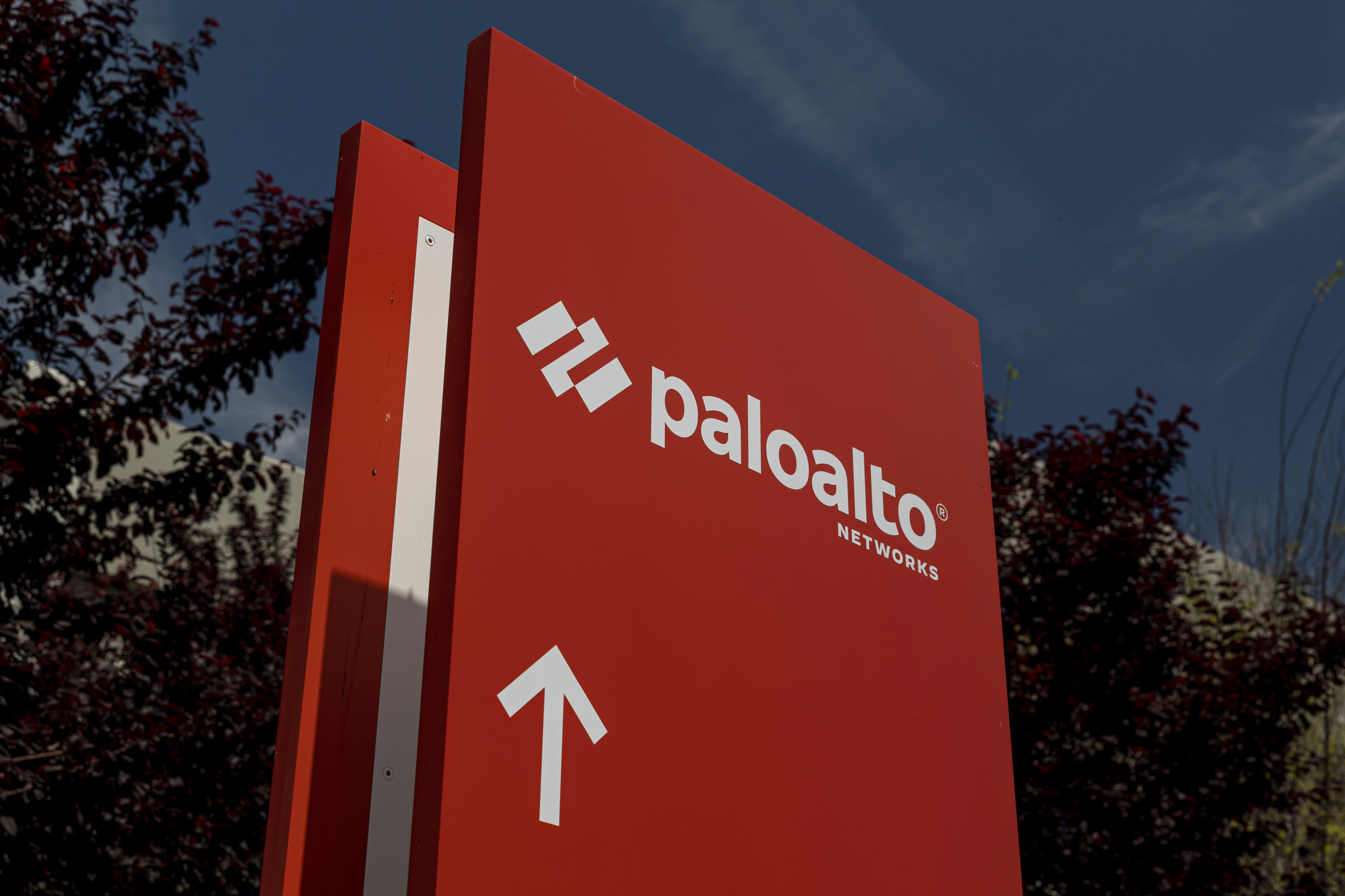Game enthusiasts and industry personnel walk between the Microsoft Xbox and Sony PlayStation exhibits at the E3 trade show on June 16, 2015 in Los Angeles, California.
Thank you for reading this post, don't forget to subscribe!Christian Petersen | Getty Images
Sony has signed a binding, 10-year agreement with Microsoft to keep Call of Duty on its PlayStation gaming consoles after closing the Activision Blizzard acquisition, Microsoft said on Sunday.
“We are pleased to announce that Microsoft and PlayStation have signed a binding agreement to keep Call of Duty on PlayStation following the acquisition of Activision Blizzard,” Microsoft Gaming CEO Phil Spencer said on Twitter Sunday.
Activision is the maker of the best-selling Call of Duty lineup. Regulators around the world had expressed significant concern about Microsoft’s power over the gaming market if an Activision acquisition was approved.
Microsoft is the manufacturer of the Xbox, which competes directly with Sony’s PlayStation, prompting fears that Microsoft would be able to make games “exclusive” to its own consoles and displace Sony from competition.
The deal does something to ameliorate those concerns, although Microsoft and Sony aren’t disclosing the duration of the agreement. A Microsoft spokesperson noted the deal was in place for the long term. The company has signed similar deals in the past.
Anti-competitive concerns were shared by the CEO of Sony’s interactive entertainment division, Jim Ryan, as recently as last month. Ryan, whose portfolio includes PlayStation, said that he thought the proposed Activision Blizzard acquisition was not good for competition in videotaped June testimony.
Microsoft vice chair Brad Smith said on Twitter Sunday that even after a potential deal closes, Microsoft “will remain focused on ensuring that Call of Duty remains available on more platforms and for more consumers than ever before.”
The acquisition isn’t certain to close, although Microsoft and Activision’s prospects are markedly better after a federal appeals judge prevented the Federal Trade Commission from temporarily blocking the deal. The FTC had sued to stop the deal in San Francisco federal court in July but had failed to convince a judge that the deal would pose a sufficient anti-competitive risk.
Regulators in the EU signed off on the deal in May. The U.K.’s Competition and Markets Authority, which has forced divestitures and blocked prior tech deals, said on Wednesday that it was prepared to negotiate with Microsoft over the terms of the deal.
The two companies are aiming to complete their transaction by Tuesday, July 18.



